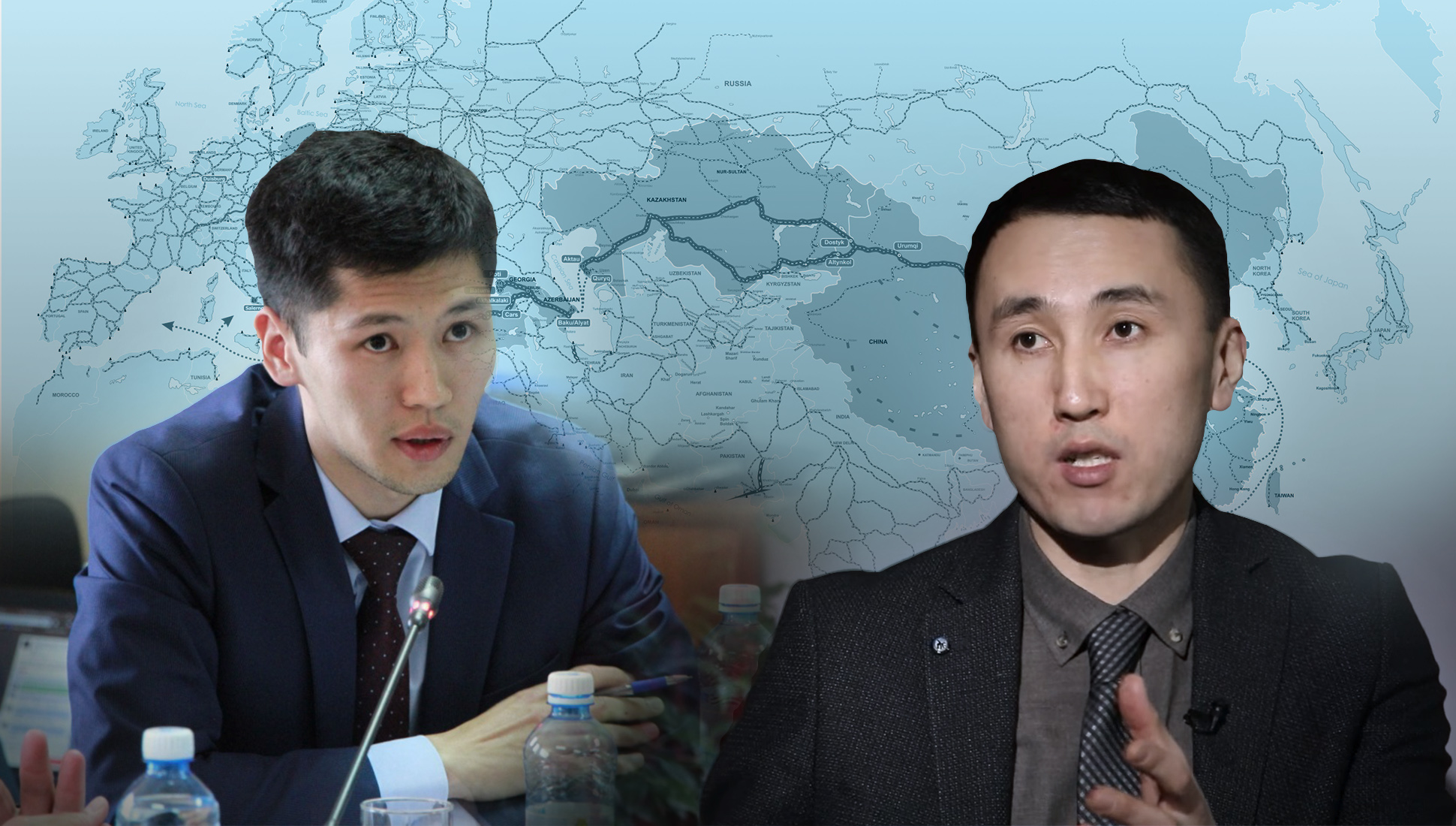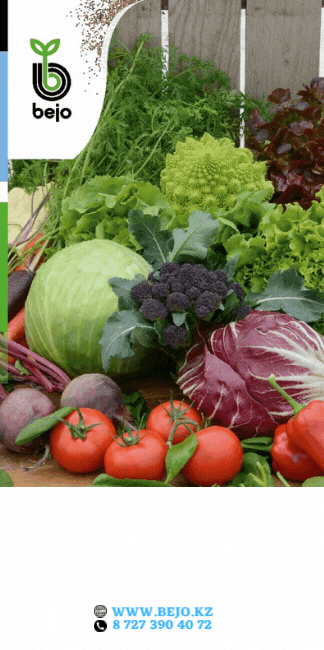
The development of transport routes, the opportunities and risks for Kazakhstan as a hub, the problems at the checkpoints were discussed on the YouTube channel "Hyperborey". The author of the channel, journalist Vadim Boreyko invited experts for an open dialogue and asked to share the opinions, what prevents Kazakhstan to use the transport potential to the maximum, reports World of NAN.
The invited speakers - lawyer, Deputy Chairman of the Independent Business Union of Kazakhstan Shyngys Temir and the Union's expert Tilek Bekbasarov - at once pointed out that the main problem in Kazakhstan is the issue of the so-called "bottlenecks", which slow down the capacity and affect the entire logistics chain.
Thus, according to Tilek Bekbasarov, there are certain risks at the border of the country. Especially on those sections where you have to interact with the countries of the Caspian Sea region and China. Comparing volumes of cargo transportation via Aktau and Kuryk ports, the guest noted that the capacity of our ports is 5-15 mln tons of cargo per year, whereas the capacity of Batumi port is 20 mln tons and Istanbul port - 100 mln tons. It is precisely the lack of or poor infrastructure, and low capacity that prevent Kazakhstan from fully developing transport opportunities, experts say.
Another reason is said to be the vague terms of delivery, which often differ from the declared ones and do not add credibility to the Kazakhstani side. For example, if the Chinese side declares the deadline of 15 days, then the goods on the Chinese side as a rule comes even within 10 days, told the invited guests. And on the Kazakh side the procedural bureaucracy begins and so-called bottlenecks come into play. As it turned out, there were even cases where the agreed terms, in particular the delivery of goods to Vietnam took 99 days. In such realities it is hardly appropriate to speak out loud about oneself as a transport hub, the speakers said.
Meanwhile, according to the guests, the transport problems also contribute to the high inflation in the country. Kazakhstan is ranked 41st of 47 countries in the list of the countries with high price growth. During the dialogue the conversation participants agreed that the inflation in the country is not so much of an import nature, as the internal one. It is caused by the same "bottlenecks" that hinder the passage of goods through the country. On top of that, the situation is aggravated by high corruption in the logistics sector.
Incidentally, the speakers spoke about it quite openly. They are sure that everyone understands that the miles-long queues at the checkpoints are most often created artificially. And the concept of "paying extra to get faster in line" still exists.
"Bureaucratic difficulties and corruption risks do not allow TTR to develop its potential," the guests stated unanimously. The talk also focused on those who "look after" checkpoints such as Khorgos.
According to Tilek Bekbasarov, as long as there are "bottlenecks" and the potential for corruption risks, there will always be "watchers".
"In order to exclude them, we need to prevent the formation of bottlenecks. There will always be those who regulate. Someone always has to be higher than others, therefore such persons will arise. Border problems need to be solved by systemic measures," said the expert.
Meanwhile, according to Shyngis Temir, even these unofficial payments and some fees are eventually reflected in the price for the consumer. "Everything that the carriers put into the cost of goods, including unofficial fees, is a burden on consumers. That's why we have to start dealing with the prices already at the border," says the lawyer.
Vadim Boreyko, the anchorman of the channel, agreed that the Government should not fight with the final players - wholesalers, but try to figure out what makes up the price of goods.
As a result of the discussion the experts came to the conclusion that in Kazakhstan, both before and after the January events, there were no significant changes in the transport sphere. The country did not take advantage of the opportunities to increase volumes when neighboring Russia came under sanctions.
"Within the framework of the transport hub, namely through the TTR, we could have grown our own capacity and infrastructure quite well, and raise the welfare of domestic companies. But while we see that we still have the problem of bottlenecks unresolved, redistribution happens. Before the January events there were some, after January there were others. And the carrier doesn't care who pays the bribe, the consumer is the one who suffers the problems," said Shyngis Temir at the end of the conversation.
Another speaker, Tilek Bekbasarov added that now more than ever it is necessary to carefully monitor all launched projects to increase capacity. "If there is no control and proper attention, there will be a decline again. Infrastructure projects should not be delayed. Allocation of funds, development, commissioning must happen quickly. And certain project offices should also keep an eye on this," summarized the guest.
Смотрите больше интересных агроновостей Казахстана на нашем канале telegram,
узнавайте о важных событиях в facebook и подписывайтесь на youtube канал и instagram.









































Обсуждение